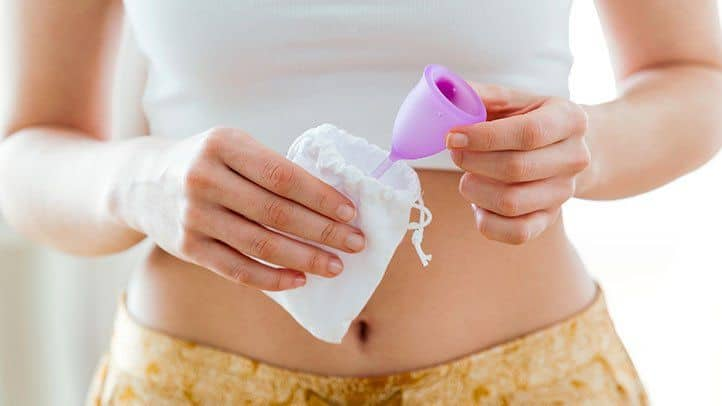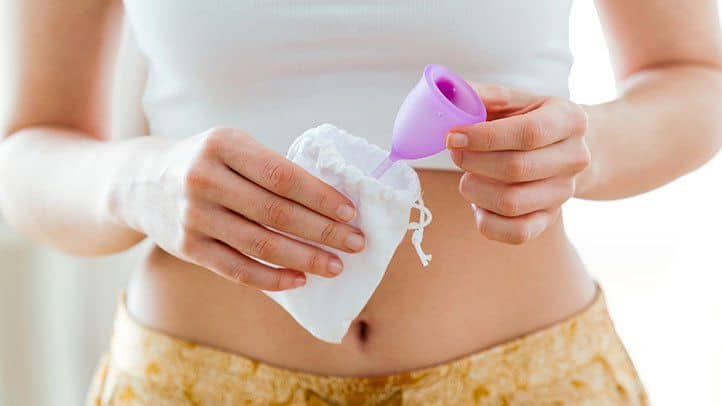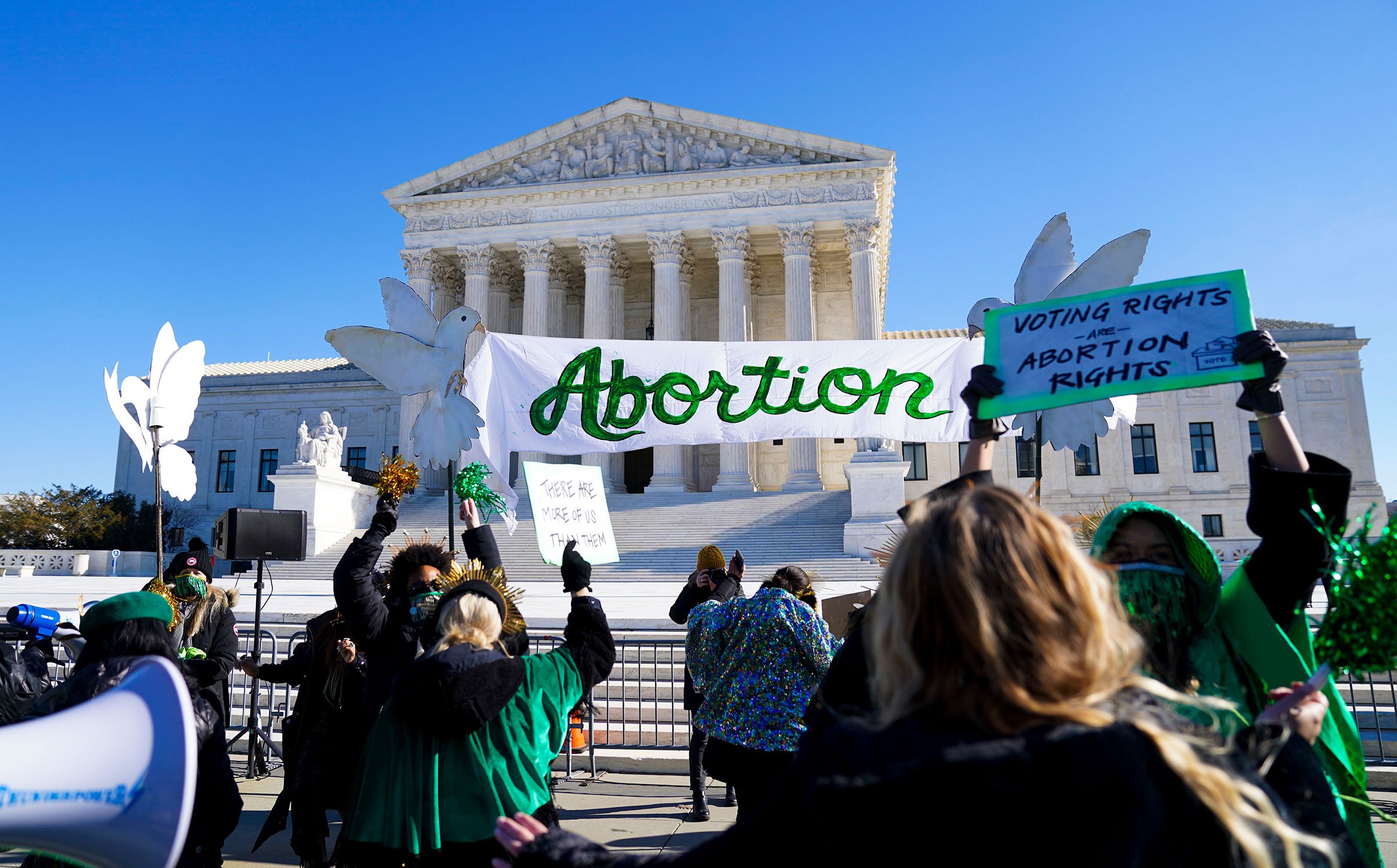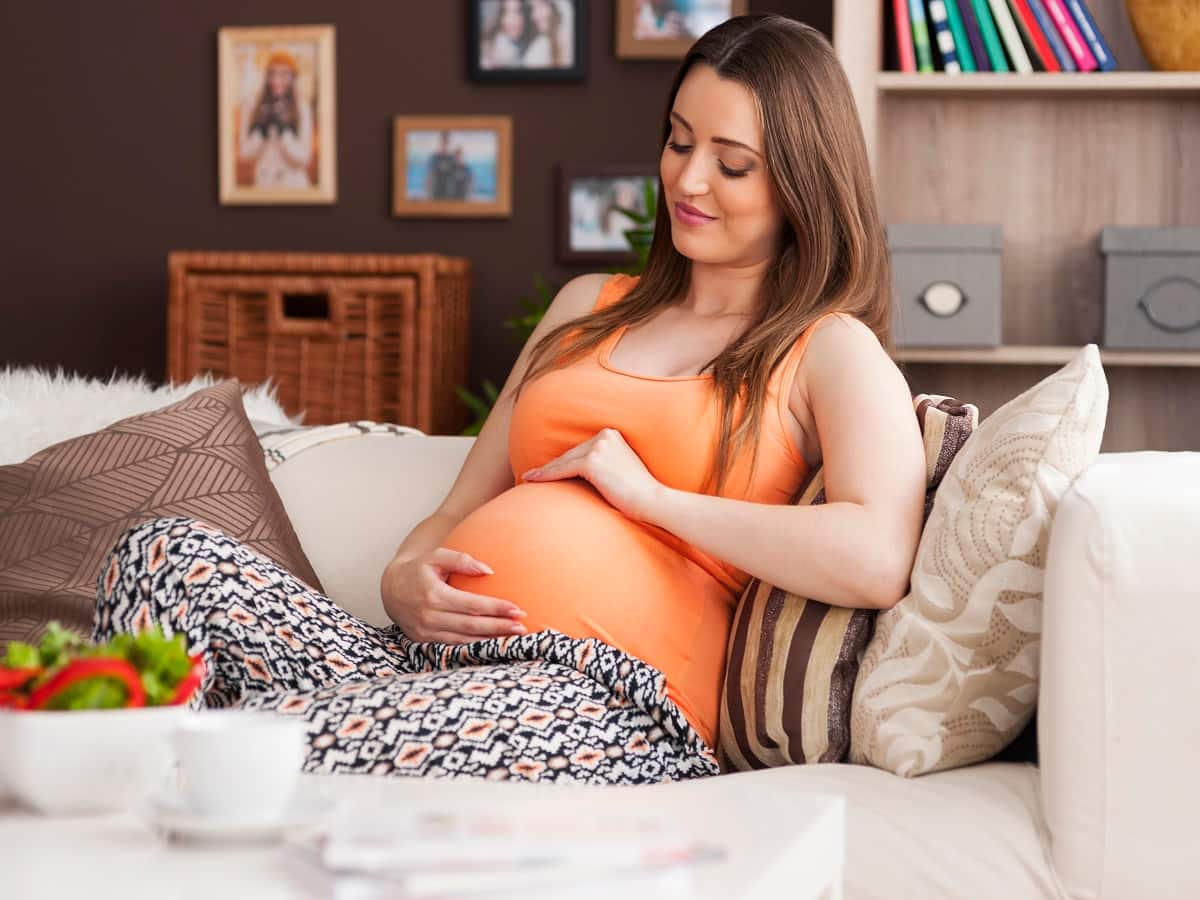 Can Change In Temperature Affect Your Menstrual Cycle? Expert Answers – The rising levels of mercury, dehydration, and constant sweating during summer can affect menstruation. In the below article, we tell you about it. Read on to know more about this, and stay healthy during those sunny days.
Can Change In Temperature Affect Your Menstrual Cycle? Expert Answers – The rising levels of mercury, dehydration, and constant sweating during summer can affect menstruation. In the below article, we tell you about it. Read on to know more about this, and stay healthy during those sunny days.
Can Change In Temperature Affect Your Menstrual Cycle?
Did you know? Just like your mood, even the weather can take a toll on your periods. Yes, a majority of women may experience changes in menstruation when the weather is hot and humid. Seasonal change is known to have a connection with your menstruation. During summer, the periods may become longer or more frequent. Adolescent girls and peri-menopause women suffer more as hormones are unstable. According to research, too much exposure to the sun can lead to changes in the length of the period. Similarly, if you happen to move to a new area where the weather is hot or cold then your body will have difficulty adjusting to the temperature. Hence, the length of your periods can vary. Various studies also confirm that Vitamin D helps the body with the production of the follicle-stimulating hormone (FSH), which regulates reproductive functions. There will be more ovarian activity and longer periods when the temperature outside is hot. Women living in hot weather tend to wear clothes that cover the body. This leads to vitamin D deficiency. Low levels of vitamin D have correlated with poor ovarian reserve.
Here, we tell you further about hot weather and periods
- As per the evidence available, the temperature may not exactly impact the periods, but it can trigger various worrisome symptoms such as fatigue, stress, acne, and even discomfort that are often seen during menstruation.
- A majority of women will also suffer from yeast infection during menstruation because of increased activity in hot and a humid environment that is a breeding ground for the bacteria to thrive. Furthermore, vaginal infections during summer can also be one of the factors behind irregular menstruation. Excessive sweating can lead to electrolyte imbalance, itchy skin, and yeast infections during summer.
- Your eating habits during summer can also affect menstruation. Having heaty foods like mangoes, papaya, or pineapple makes your periods come faster, as they cause heat in the pelvic region and contract the uterus. Even stress can impact the periods.
- Exercises regularly during the summer months can make your cycle longer by a day or two.
- Hormonal fluctuations during periods can make your body retain more water and salt than usual. You will be bloated during the periods. Extreme heat also leads to dehydration and discomfort during menstruation. You will end up becoming cranky and irritated. You will also feel anxious and depressed during your periods. Also, the period pin can interfere with your ability to do the daily chores with ease.
The take-away message: It will be imperative for you to drink enough water which can help you to manage dehydration and headache. Try to avoid salty foods to prevent water retention and bloating. Opt for fruits and salads, cut down on junk, spicy, oily, and canned food, exercise daily to stay stress-free and healthy, do gentle stretches, maintain good personal hygiene, wear loose cotton clothes/underwear, take frequent baths, and change your sanitary pads or tampons from time to time to avoid yeast infections.










